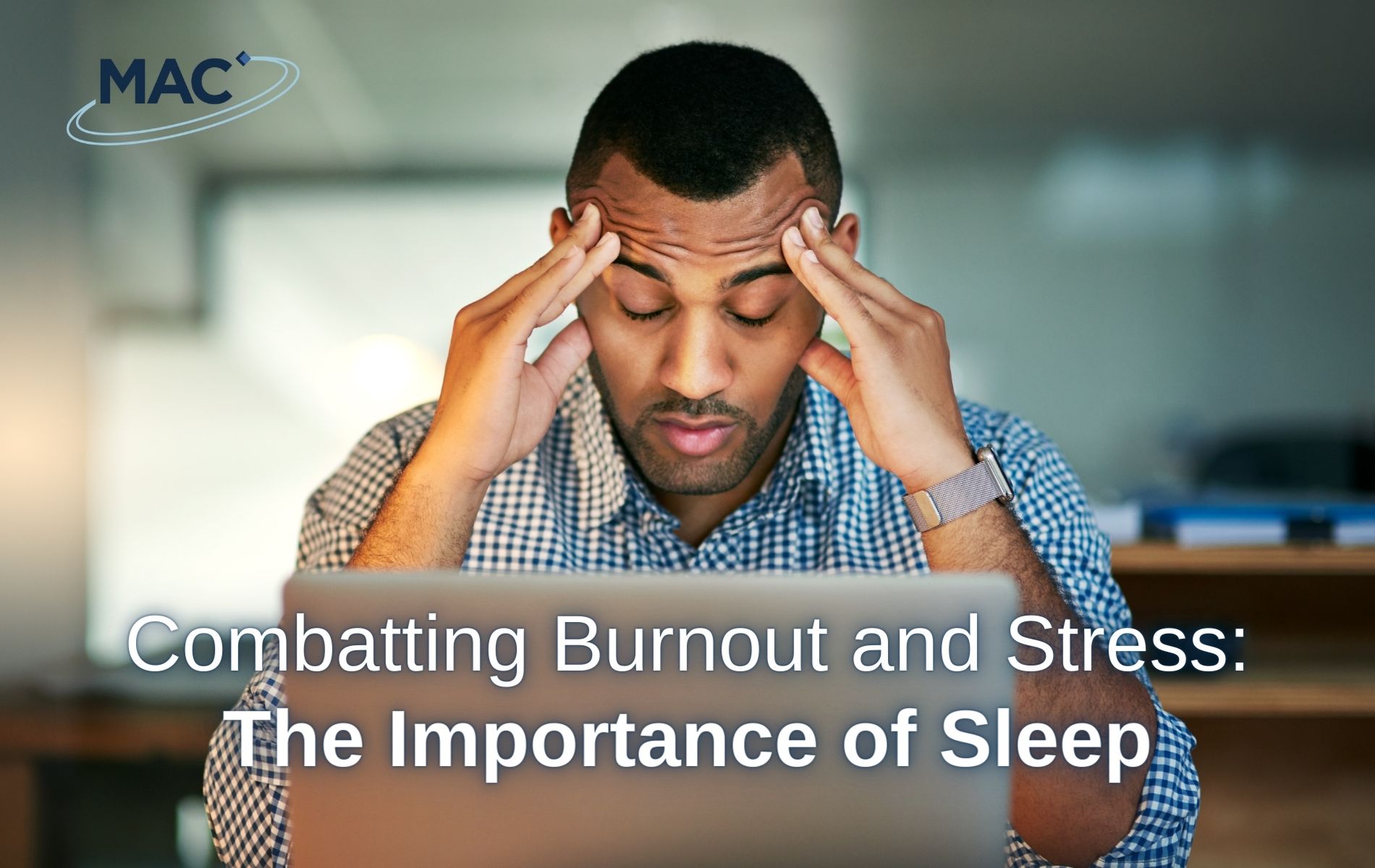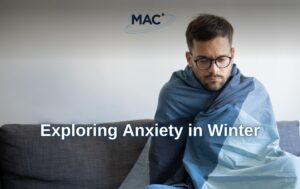Life can be chaotic, with work, life management, relationships, and finances all coming together to form a maelstrom of stress and decision-making. Juggling all these responsibilities can be overwhelming and may leave you with little time for self-care and other necessities like good quality sleep. While burning the candle at both ends may be manageable in the short term, it is an unsustainable way to live and may leave you feeling burnt out. Whether it is a big event or life in general, stress can come from many sources, and so, in honour of World Wellbeing Week, we’re taking a deep dive into the importance of wellbeing at work.
What is burnout?
Burnout is classified as physical and mental exhaustion caused by long-term stress, such as a stressful job1. The World Health Organisation recognises it as a syndrome characterised by feelings of energy depletion, reduced productivity, and increased negative feelings towards your job2. Burnout does not go away on its own and can worsen if you ignore the signs, which could cause harm to your mental and physical health as it progresses1.
What are the signs of burnout?
In the last year, nine out of ten adults in the UK have experienced high or extreme stress levels, and one in five workers have needed to take time off due to poor mental health caused by pressure or stress1. Despite its prevalence, burnout often faces stigma, so it can sometimes be challenging to admit to. However, it is essential to recognise the signs and seek support before it affects other areas of your life. Some well-known signs of burnout include:
- Feeling tired, exhausted or drained all or most of the time,
- Feeling defeated and helpless,
- Feeling removed and isolated,
- Feeling overwhelmed,
- Experiencing self-doubt,
- Having a negative view of the world,
- Procrastinating or delaying tasks1.
The importance of sleep
Chronic stress can have long-term consequences. Stress is linked to unhealthy behaviours such as smoking, overeating, overconsumption of alcohol, and not exercising. These behaviours can put you at risk for heart disease, high blood pressure, and heart attack if they become habitual3.
While there is no definitive way to eliminate stress, there are ways to help manage it, for example, getting enough sleep. Quality sleep is critical to our physical and mental health, as it helps to repair and restore our brains and bodies. It is an essential mechanism during which you can process information, integrate memories, and complete maintenance processes that help with daytime function4.
Poor sleep over time leads to fatigue, poor concentration, lapses in memory, and irritability; lack of sufficient sleep has also been linked to heart disease, kidney disease, high blood pressure, diabetes, stroke, obesity, and depression5. One of the first areas to be impacted by stress is our ability to achieve quality sleep, which is why burnout is characterised by exhaustion and feeling tired. Therefore, getting sufficient restful sleep is an effective way to combat the worst of burnout. If you are struggling with this, it may help to introduce a consistent sleep routine, avoid screens for an hour or two before bed, and make your sleep area as comfortable as possible6.
Getting a sleep assessment
It is important to look after yourself and to acknowledge stress before it escalates to burnout. Taking the time to cultivate healthy sleeping habits is part of this and can benefit your mental and physical health.
If you or a loved one is living with sleep issues, did you know that we offer sleep assessments at our state-of-the-art sleep clinic in Merseyside?
The clinic uses the latest sleep technology and has five individually designed bedrooms (with ensuite) to optimise diagnostic accuracy and the patient experience. Our experienced sleep technicians and clinical teams monitor and analyse the data that is recorded overnight to enable the diagnosis of complex sleep disorders.
To find out more about our sleep clinic, the assessments we offer, and register your interest in receiving an assessment, visit our Sleep Clinic webpage.
References
2WHO – Burn-out an “occupational phenomenon”: International Classification of Diseases
3British Heart Foundation – Fighting for every heartbeat
4Mental Health Foundation – Sleep Matters: The Impact Of Sleep On Health And Wellbeing
5NHLBI, NIH – Sleep Deprivation and Deficiency – What Are Sleep Deprivation and Deficiency?




